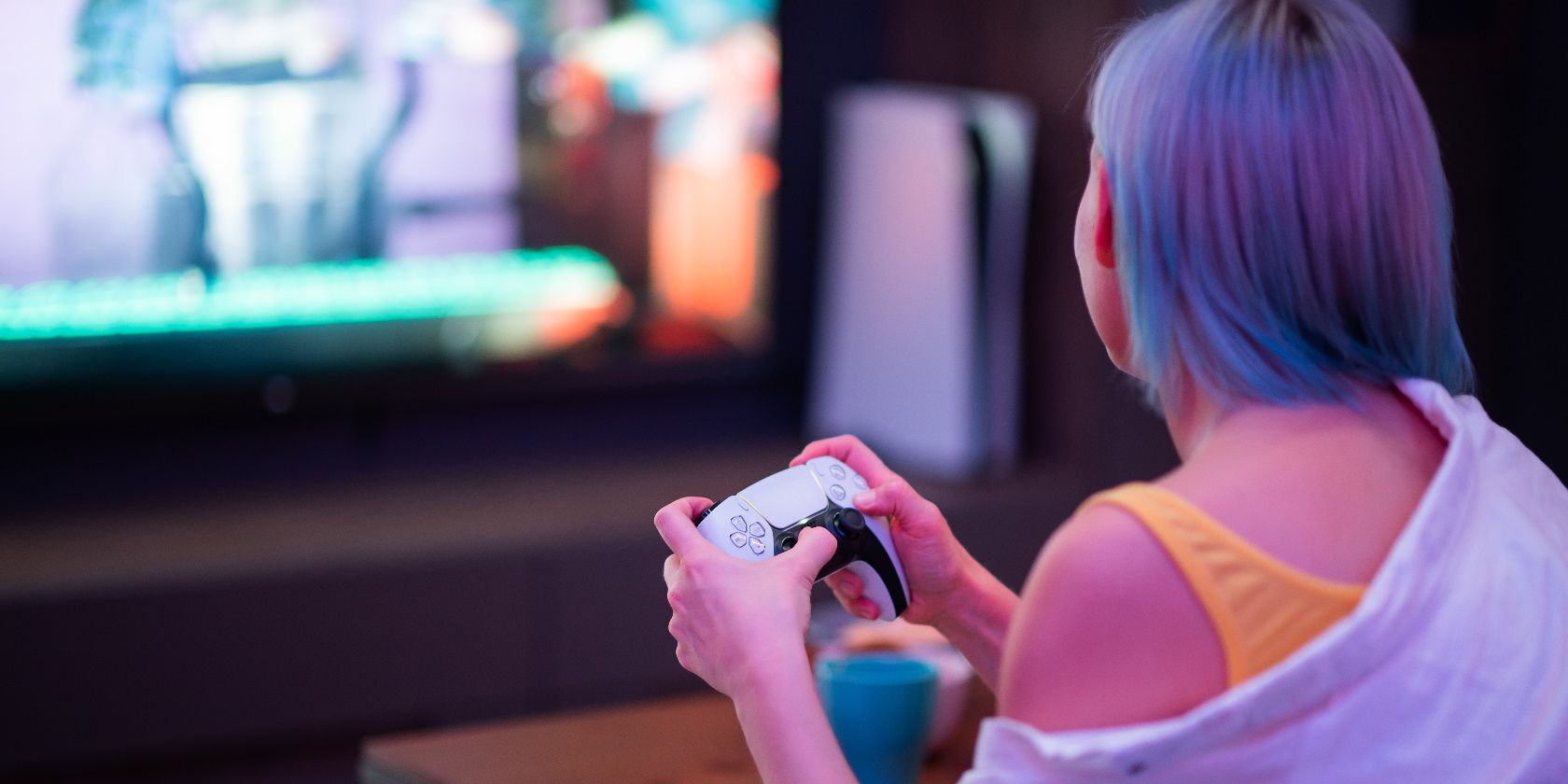
Discover How Hairspray Revolutionizes Your 3D Printing Projects: The Ultimate Guide

Discover How Hairspray Revolutionizes Your 3D Printing Projects: The Ultimate Guide
Key Takeaways
- Hairspray solves 3D print adhesion issues by providing a sticky base that releases models when cooled down.
- Make sure to use the specific adhesive hairspray formulated for 3D printing to achieve optimal results.
- Apply hairspray in a thin, even layer outside the printer to avoid clogging mechanisms; reapply sparingly after each print.
I’m completely bald, which makes it weird to buy hairspray at my local grocery store, but the cashier doesn’t know this is my secret weapon to making perfect 3D prints every time.
Hairspray Saved My Adhesion Problems
Adhesion problems are the bane of many 3D printing projects, and there are a huge number of solutions to this issue. Some people use special grippy beds, others print special adhesion mats and then the actual model is printed on top of that. You can experiment with temperatures and different filament brand and types, but getting your models’ first few layers to stick to the bed can sometimes feel impossible.

Sydney Louw Butler / How-To Geek
I print and sell licensed articulated models at the local market, and one of the most popular items is articulated animals. These tend to have toes or other fine bits that stick out, and tend to curl up and away from my hot print bed before there are enough layers to hold it all flat. After trying everything under the sun, I got a tip to use hairspray, and now I can knock out hundreds of these little guys.
Not Every Spray Works Well
When someone at the local 3D print shop told me that hairspray could solve my problem, he couldn’t tell me which one to get. I tried a few off the shelf, but they didn’t do the job. Eventually, I realized that some of the online 3D print stores in my neck of the woods had started selling hairspray as “3D printer adhesive spray” and these particular formulations were on every shelf in local stores.
Apparently, what you want is something that’s sticky when warm, but becomes less sticky as it cools down. So my print adheres properly while the print bed is warmed up, but once it cools down, the models are easy to remove.
Be Careful How You Apply It!
Assuming you’ve found the specific hairspray sold where you live that other 3D printing folks swear by, you can’t just gaily point the nozzle at your print bed and empty the can. There are a few important things to consider when you apply the spray.
First, never directly spray inside your printer. That spray should not go into the nooks and crannies of your printer’s mechanisms. It’s not a lubricant! I take my printing bed out, and stand well away from my printer before applying the spray.
Secondly, you only need to apply the thinnest of layers. It took me forever to figure out the right pressure and motion to coat my print bed with hairspray. It shouldn’t be wet, but it should be evenly applied.
While you should wash the hairspray off with water (no soap needed), I actually don’t do that often. I just apply another thin layer after each print and there’s been no issue, but it’s probably a good idea to clean the spray residue off every few prints at least.
I’ll Never Go Back
I can’t begin to describe how many hours I’ve wasted trying to fix adhesion issues with my prints, to have a genuine “one weird trick” solve all my problems in one fell swoop. The hardest part was finding the right spray, but once I knew what everyone else was using, that was easy.
Now, I’m not saying you should use hairspray in an off-label way to fix all adhesion issues. There might be some sort of 3D printer-specific spray adhesive that you have access to, though it might just be regular hairspray with a new label. There’s also the glue stick method, using special 3D printer glue sticks, and this does work incredibly well. I used this for a long time, but it’s just so messy and takes up a lot of time when it comes to cleaning. For someone trying to print 100 articulated models a week, all that cleaning adds up fast.
So get a feel for what brand of hairspray your local 3D printing community uses, and give it a try. Just remember not to overdo it!
Also read:
- [Updated] Best Practices for Documenting Youtube LIVE Videos for 2024
- [Updated] Edit with Ease Prime 10 Converters Unveiled
- 2024 Approved From Script to Airwaves Step-by-Step Guide for iOS Audio Recording
- Alexa vs Google Assistant Showdown: Identifying the Top Contender for Personal Use
- Discover the Samsung Galaxy Fit2 - Your Perfect Companion for Health & Wellness On-the-Go
- In 2024, Best 4K Laptops for Ultimate Gaming
- In 2024, How to Reset a Locked Oppo Reno 8T Phone
- Innovative Approaches to Customizing Your TikTok Videos for 2024
- Netgear AC1200 Powerline Adapter Unveiled - Is the Rugged Design Worth a Slower Connection?
- Optimal Google Cast Devices
- Platform Pick Go Live with OBS or Twitch Studio
- Quick Tips to Unsubscribe From Several Contacts on Snapchat Simultaneously
- Secrets to Funding Sony's Game Library
- Space-Efficient Sound: Unveiling Yamaha B020BL Stereo
- The Ultimate Review on Linksys EA8300: Enhancing Your Smart Home Experience with Advanced Networking
- Unveiling the Features of Lenovo Flex 5 Intel Core I7: The Perfect Travel Mate
- Value Meets Performance: The Definitive Insight Into IBuypower Gaming Systems
- Title: Discover How Hairspray Revolutionizes Your 3D Printing Projects: The Ultimate Guide
- Author: Kenneth
- Created at : 2024-09-28 17:11:55
- Updated at : 2024-10-01 19:58:28
- Link: https://buynow-tips.techidaily.com/discover-how-hairspray-revolutionizes-your-3d-printing-projects-the-ultimate-guide/
- License: This work is licensed under CC BY-NC-SA 4.0.